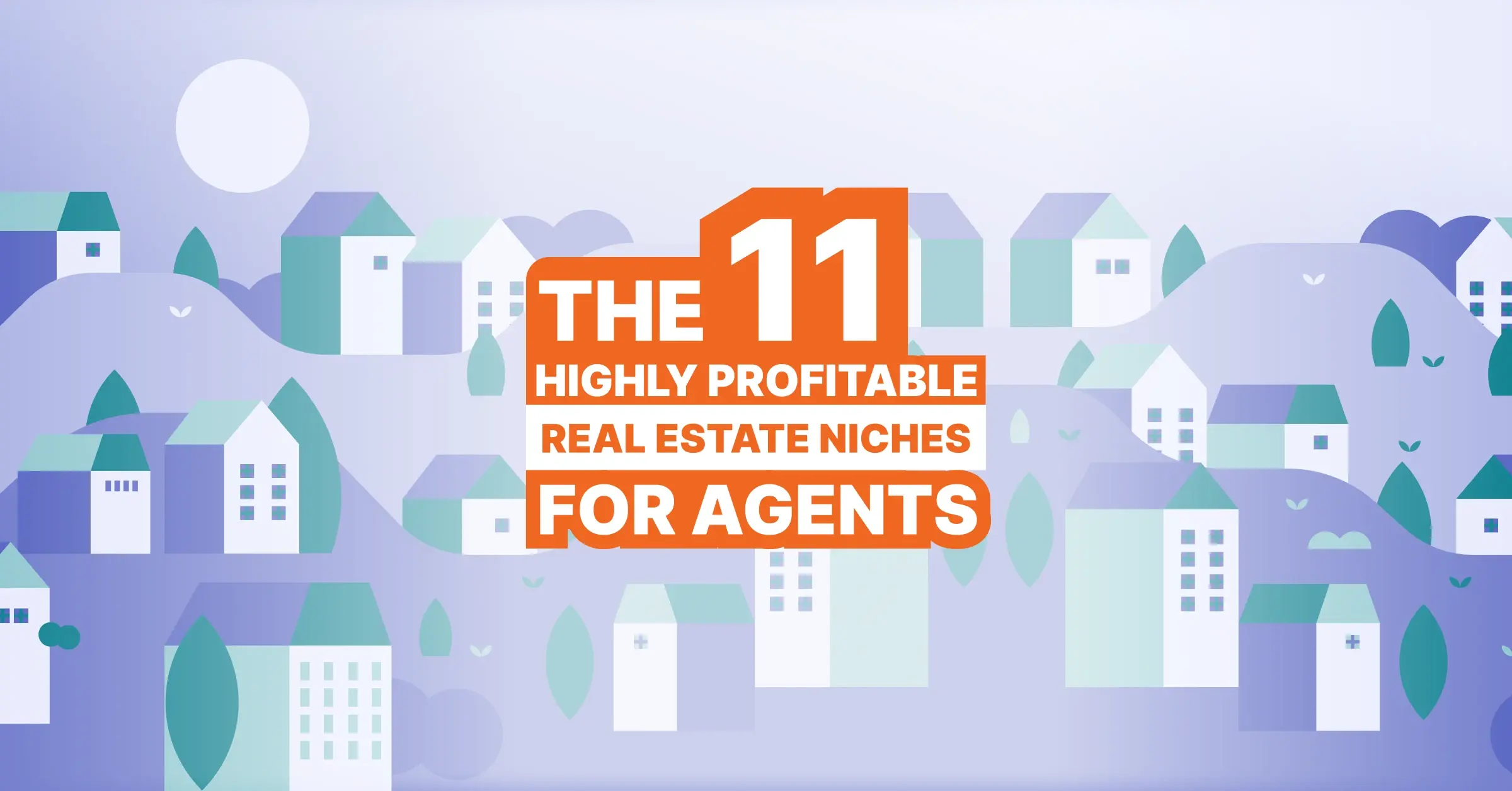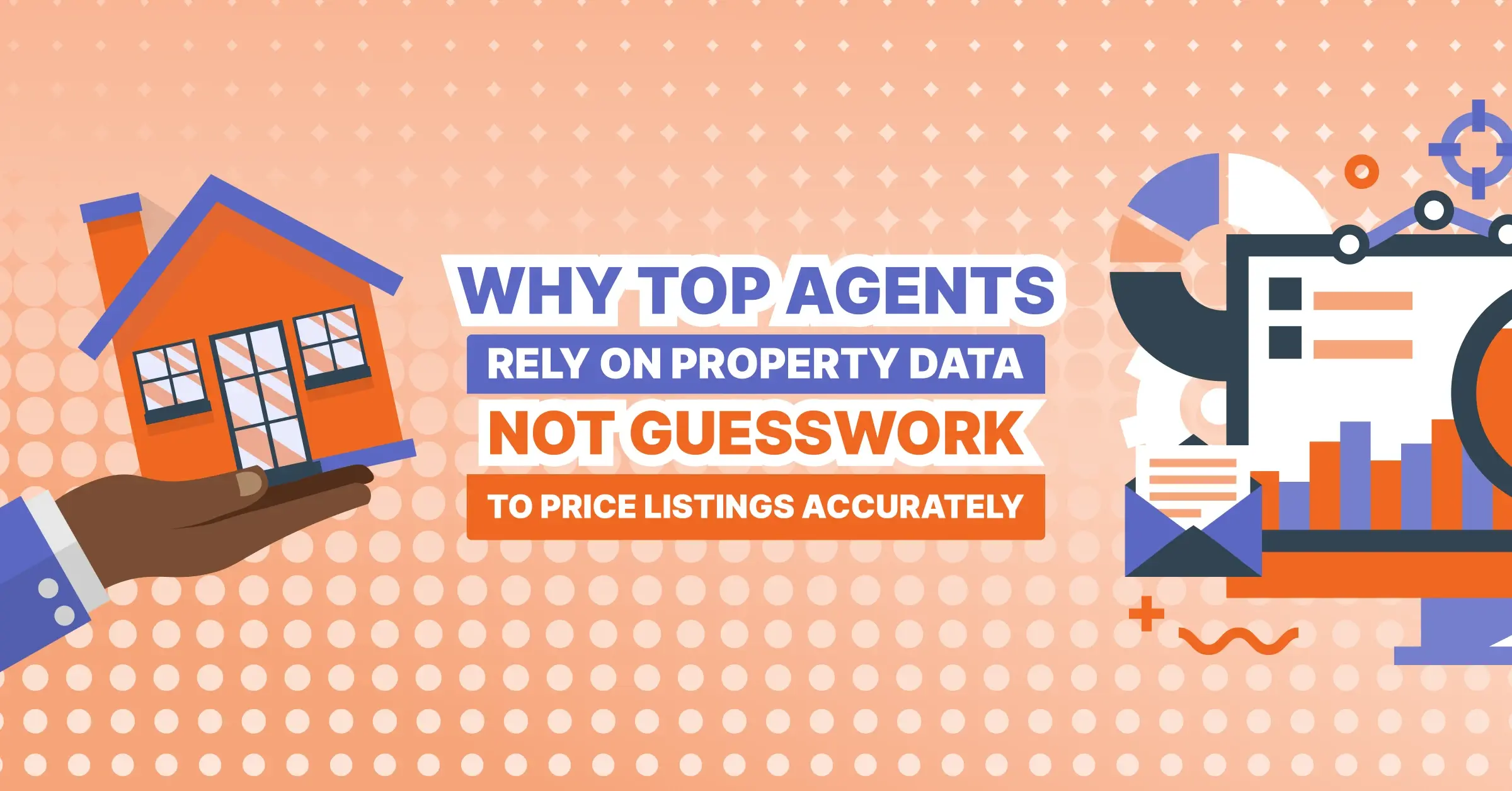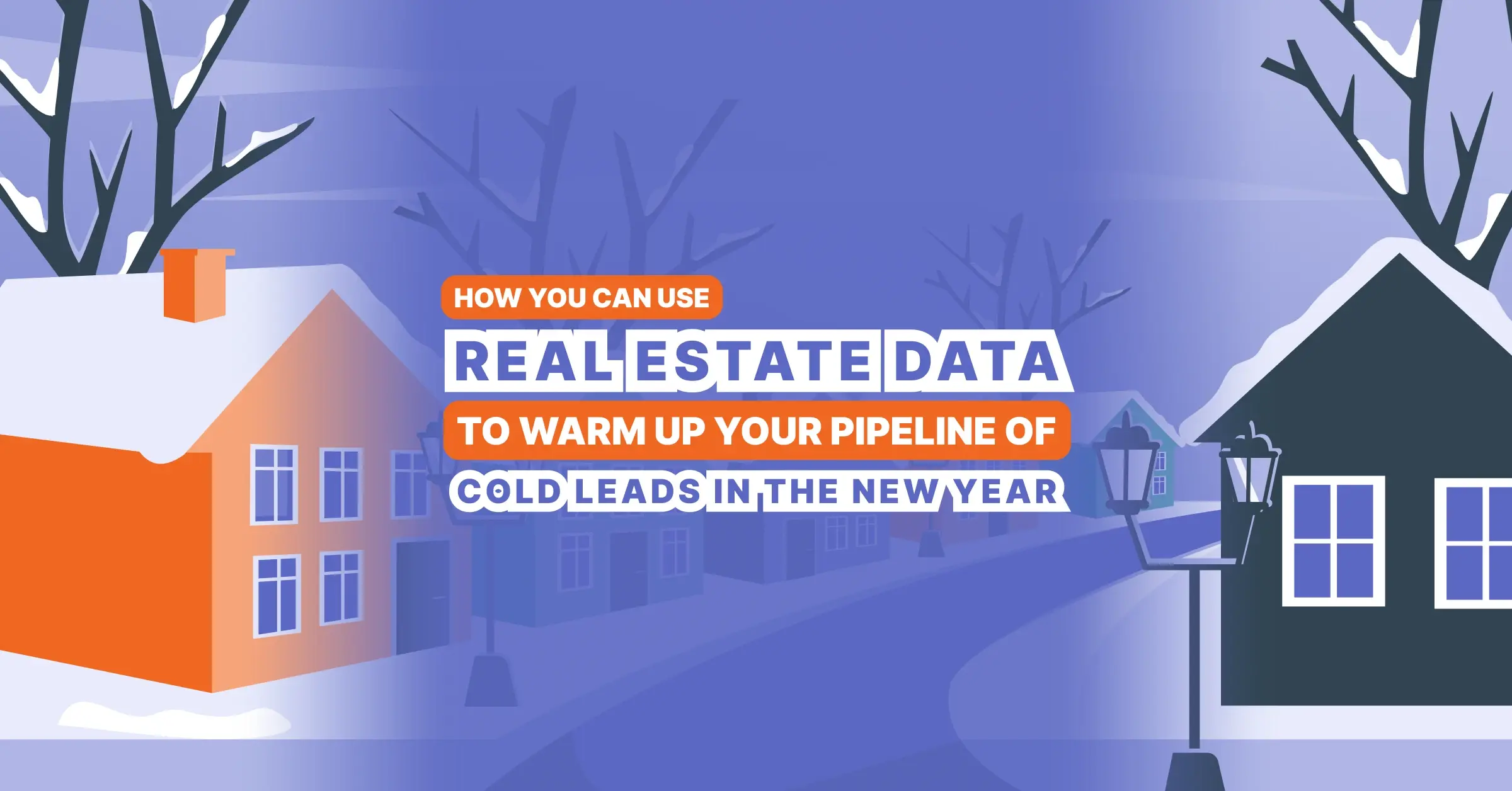|
Key Takeaways:
|
Have you ever thought about a career in farming? As an agent, you may want to consider it. Of course, we’re not referring to rows of corn or wheat. Instead, real estate farming involves choosing a specific area and consistently “planting seeds”—that is, connecting with people to present yourself as the go-to real estate expert.
Try PropStream for 7 Days Free!
So what does this look like practically? In this article, two agents share how they grew their businesses with real estate farming and offer advice for newer agents. PropStream spoke with Ben Mizes, a licensed agent in St. Louis, Missouri, and founder of Clever Offers, as well as Joe Luciano, an associate broker with RE/MAX Bentley’s in Newburyport, Massachusetts, and creator of Joe’s Homes.
Q1: How did you first get started with real estate farming? How did you choose your farm area?
Mizes: I started farming a suburb at the edge of town—about 180 homes. It had a high turnover and wasn't too competitive with agents, and I already knew the area by living there myself each and every day. Why did I do it? I honestly just wanted to make a business where I didn't have to constantly chase cold leads. Farming had the promise of building a community-based business, where the clients already know me when they need me.
Luciano: I first tried to focus on small towns, sending mailers to around 2,000 households, then cut down to neighborhoods. But what I discovered works better for me is focusing on specific condo communities. Most people buying a condo are downsizing from a house (especially for 55+ communities). So instead of focusing on a few neighborhoods totaling a few hundred or thousands of homes, I now focus on condo communities that may only have a few dozen units in each. I first capture buyers, then reach out to owners consistently to let them know I have a buyer.
Q2: What were some of the most successful methods in building authority in your real estate farming region?
Mizes: A combination of regular outreach and being there in ways that felt authentic:
- Quarterly postcards with local sales data and homeowner tips.
- Local events—I hosted small events, like "Coffee & Market Chat," in local parks.
- Youth sports sponsorships—having your name on a Little League banner creates slow but deep awareness.
- Social media presence that was hyper-local—sharing news on new restaurants, school information, or just the sentiment in the neighborhood.
- Monthly market reports by email. People love to know what their home is worth, even if they have no plans to sell.
What worked wasn't being there once; it was being there again and again with something of value.
Luciano: My approach is a little different. I built landing pages on my website for each condo community I wanted to target, with a form so people could sign up for listing alerts. I then used SEO to get those pages near the top of Google. I currently get 40 to 50 new sign-ups every month on over 4,000 monthly visits. When someone signs up, I reach out to owners at the condo community, telling them about my page for their neighborhood and that I have a serious buyer.
I’ve always enjoyed building systems and wanted to create something scalable rather than relying on cold-calling or door-knocking. This digital-first approach became the natural fit. It lets me blend creativity and structure behind the scenes while still allowing me to connect with people.
Q3: What's the biggest mistake new agents make when farming?
Mizes: The biggest mistake? Ending too early. Farming is a marathon, not a sprint. Too many agents quit after three months if they can't close a listing. But it's relational, not transactional. Some agents also over-automate and aren't actually speaking with the neighbors. You can't fake being a part of the community.
Luciano: The biggest mistake I see new agents making is not being consistent in their targeting. Regardless of what approach you take, consistency is the only way to win. Newer agents may initially target too broadly. For instance, sending out 5,000 mailers may not be sustainable to do consistently. (Their money would be better spent on contacting 1,000 people five times.)
Consistency looks different for every agent. I don’t send constant mailers unless I have an active buyer, in which case I like doing so quarterly. But I stay very consistent with my buyer follow-up. I try to reach out monthly, adjusting frequency depending on where they are in their search. For example, I had a website lead who didn’t respond to me for almost a year. But because I kept reaching out, they eventually became a $1 million-plus buyer/seller client. That’s the payoff of consistency.
Q4: How do you merge old-school farming with digital strategies? What is the best mix to stay top-of-mind?
Mizes: For me, it's 60/40—60% offline, 40% online. Offline farming lays the groundwork—postcards, pop-bys, door-to-door, event sponsorships. Online marketing fills in the gaps—geotargeted Facebook posts, retargeted ads to my email list, and video newsletters with updates tailored to individuals.
The ideal blend is that which feels natural and consistent. You want to have several touchpoints where individuals look at your name or face and say, "Oh yeah, that's the agent who knows his stuff in this territory."
Luciano: I balance my farming efforts by focusing mostly on the digital footprint or how I appear online, and then to bring people there, I’ll mix in mailers to residents.
I’ve found that messaging centered around real demand and a no-pressure tone tends to resonate best. When I have a buyer interested in a specific complex, I’ll send a letter mentioning the community by name, explaining the buyer’s needs, and offering to connect if they’ve been considering a move or are just curious about their home’s value. It’s not overly salesy and creates a low-stress opportunity while showing I’m actively engaged in that market.
Q5: How long did it take before you began noticing real results? What can newer agents anticipate?
Mizes: It took nine to 12 months before I had consistent leads from my farm. We sold our first property around month five, but honestly, the momentum didn't start until afterward. For new agents, I think it is having realistic expectations—farming is really like planting a garden. You don't water it once and simply hope it will grow.
Put a year of consistent work behind you, and you will start making some headway. Within a couple of years, that farm could be the basis of your entire enterprise.
Luciano: It took me five months from when I first started to when I got my first lead from my efforts. A year later, I had my first closing from this. So in total, it was close to 18 months before I cashed a check from my efforts. New agents should expect to spend more than they’ll make for a year or more.
Q6: If you could give one piece of advice to an agent just starting farming, what would it be?
Mizes: "Be where your farm already is—and stay there." Don't pick a space just because it looks nice on paper. Pick a space that you absolutely love being in—a space where you can connect with the people. That connection is your superpower.
My golden rule? Consistency over creativity. A solid postcard sent out every month pays off more than a fantastic campaign sent out once a year. Just be there, help people, and make people visualize you as part of their daily lives.
Luciano: Whatever you do, do it consistently, and don’t change course just because the results aren’t instant. All too often, I see people try something once and then jump to the next idea. When that doesn’t work, they switch to something else without ever giving it the opportunity to grow. My golden rule is that these things take time and consistency.
Use PropStream to Start Your Own Real Estate Farm

As Ben Mizes’ and Joe Luciano’s stories show, real estate farming is a strategic way to grow your agent business—but it requires patience and consistency.
With Propstream, you can target specific neighborhoods and property types, find leads quickly, and stay consistent in your outreach. Start building today so you can reap the benefits for years to come.
Try PropStream for 7 Days Free
Subscribe to PropStream's Newsletter



